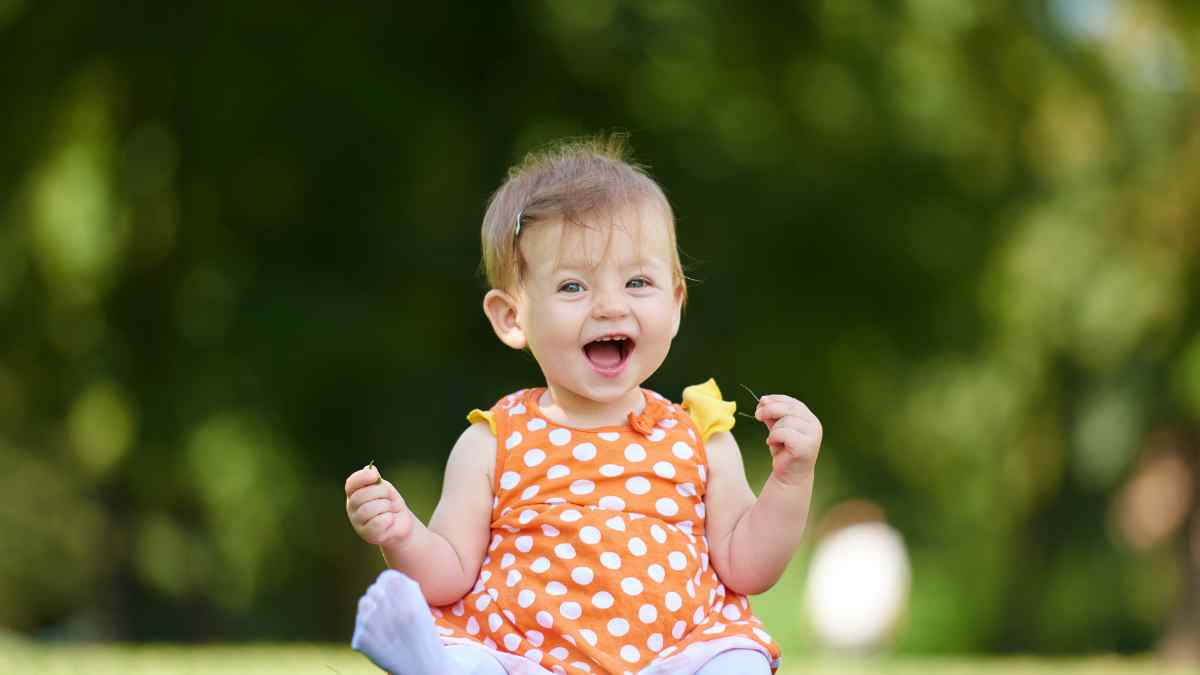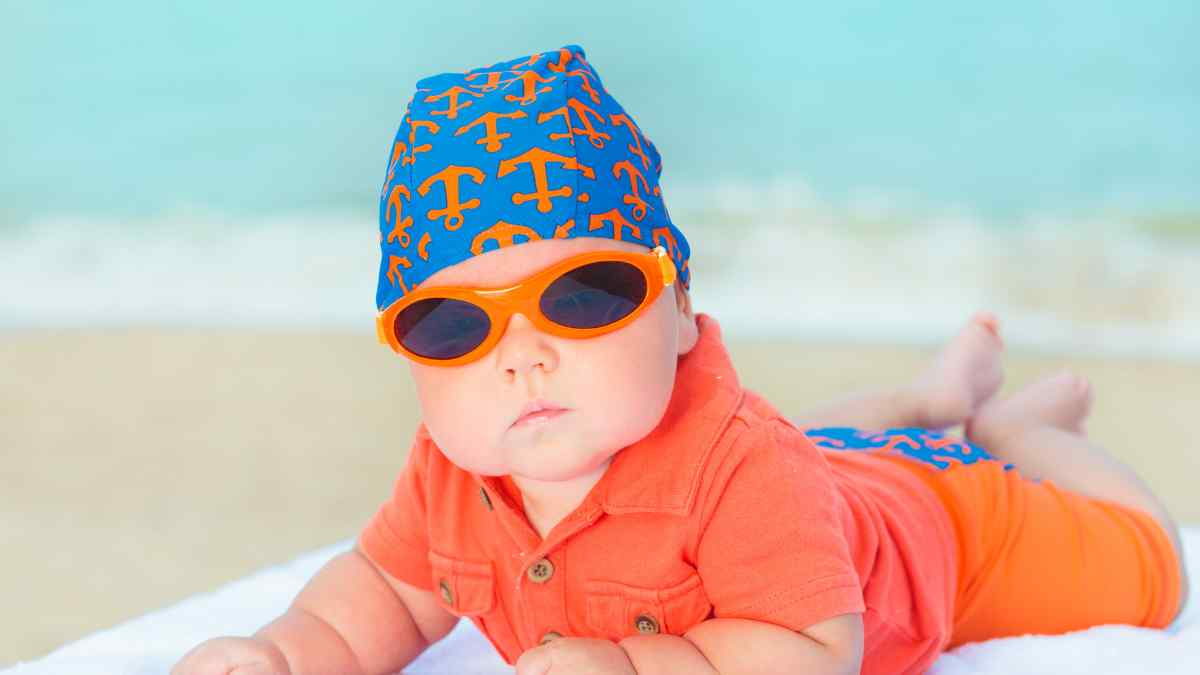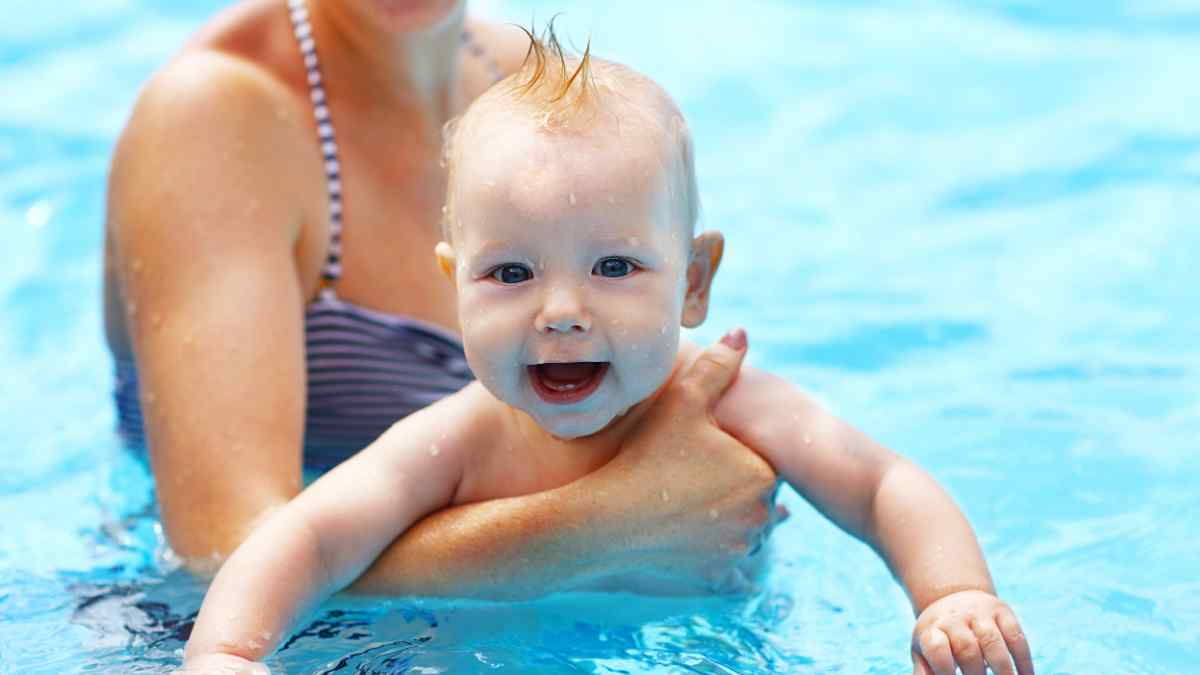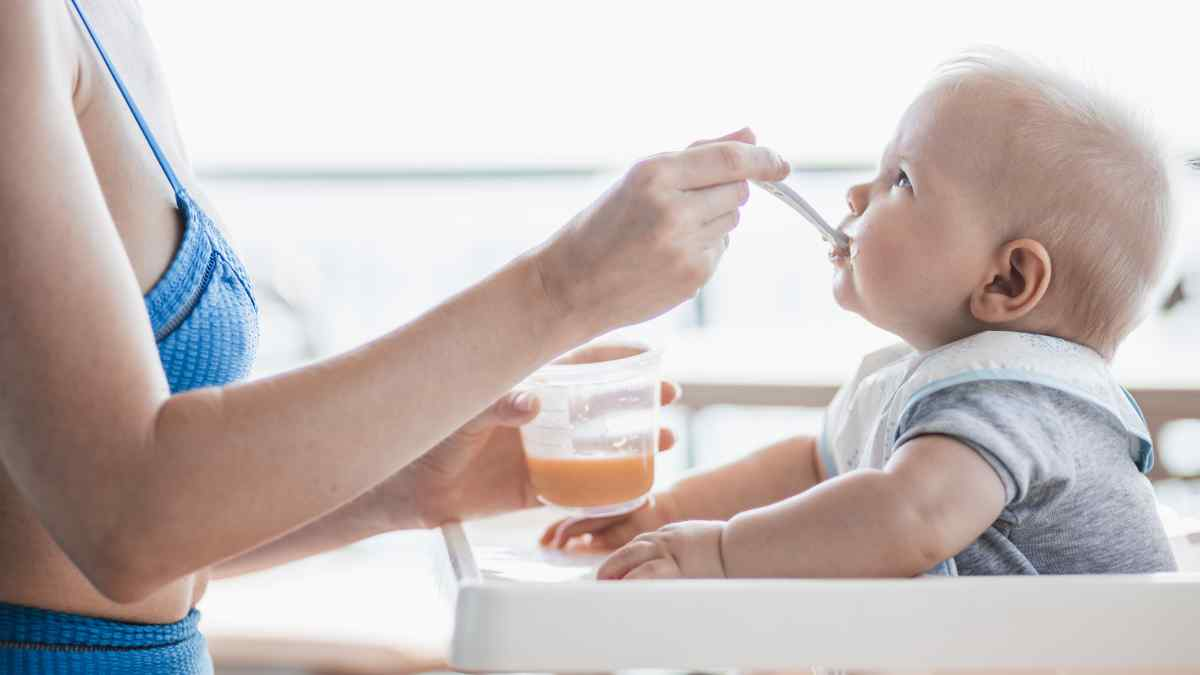As the scorching sun heralds the onset of summer, most of us look forward to beach trips, barbecues, and sun-soaked afternoons. However, with the rising temperatures comes the heightened importance of staying hydrated, a concern that is especially paramount for the youngest members of our families. Babies, with their delicate systems and unique physiological needs, are particularly vulnerable to the adverse effects of dehydration.
This article delves deep into understanding the nuances of baby hydration during the sweltering summer months. We’ll explore why our little ones are more susceptible, how to spot the warning signs, and most importantly, the preventative measures we can take to ensure they remain safe, happy, and well-hydrated. Whether you’re a new parent or a seasoned guardian, the insights shared here are essential in ensuring your baby’s well-being during the hottest season of the year.

Understanding Dehydration in Babies
Dehydration is a concern that affects everyone, from adults engaging in vigorous physical activity to young babies experiencing their first summer heat. But what exactly is dehydration? Simply put, dehydration occurs when the body loses more fluids than it takes in. It can lead to an insufficient amount of water in the body, hampering its normal functions. While many kids enjoy sports and running around in the hot summer, it’s crucial for parents to understand that keeping kids hydrated is a top priority, especially for babies.
During the warm weather of the summer months, the body naturally requires more water to stay cool and function optimally. Adults may reach for sports drinks or bottled water, but what about our youngest age group? For babies, staying hydrated is a bit more nuanced.

Signs of Dehydration in Babies
While older children might voice out their thirst or grab a sippy cup filled with juice drinks or water, babies rely on their caregivers to keep them hydrated. Recognizing the signs of dehydration in babies is vital:
- Dry Mouth: If your baby’s mouth feels dry or sticky, it could be an early sign of dehydration.
- Fewer Wet Diapers: Babies who are well-hydrated will have regular wet diapers. A decrease could indicate they aren’t getting enough fluids.
- Sunken Eyes: One of the more concerning signs, sunken eyes can show up when a baby is significantly dehydrated.
- No Tears When Crying: A hydrated baby will produce tears when crying. The absence can be a red flag.
Now, parents might wonder, “How do I keep my baby hydrated, especially during the hot summer days?” Here are some tips:
- Breastmilk and Formula: For younger babies, breastmilk or formula is the primary source of hydration. Ensure they’re feeding regularly.
- Introduce Water: Older babies, especially those eating solid foods, can start having small amounts of drinking water. Whether it’s tap water or bottled water, ensure it’s safe and clean.
- Limit Sugary Drinks: While fruit juices like apple juice can be tempting, they come with added sugar, which can lead to tooth decay. If you decide to give juice, ensure it’s diluted and not a primary drink.
- Stay Cool: Keeping your baby cool is as essential as keeping your baby hydrated. Use the baby’s stroller canopy, find a shady spot, or even use a fan.
- Sippy Cups: For toddlers, having a sippy cup filled with water can be a great way to encourage more fluid intake throughout the day.
- Be Cautious with Sports and Energy Drinks: These are not suitable for babies or toddlers. They are designed for older kids and adults who lose electrolytes during vigorous physical activity. Moreover, energy drinks can be harmful to children.

Why Babies Are More Susceptible to Dehydration
After understanding the essentials of dehydration in babies and grasping the importance of keeping kids hydrated, especially during the hot summer months, it’s crucial to delve deeper into why our youngest age group—babies—are more vulnerable to dehydration.
1. Higher Water Percentage in Their Bodies: Interestingly, a baby’s body comprises a higher percentage of water compared to adults. This means that even a small amount of water loss, which could be considered insignificant for adults or older children, can have a profound impact on a baby. The balance of hydration in their system is delicate, making it essential for parents to be vigilant about their water intake.
2. Limited Communication: Babies, especially the very young ones, cannot grab a full glass of water or voice out their thirst as older kids might. Their limited ability to communicate their needs places the responsibility squarely on caregivers. Unlike toddlers who might ask for a drink, babies rely on subtle cues to signal their needs. This makes it imperative for parents to understand and recognize these cues, ensuring they’re drinking enough water and staying hydrated.
3. Rapid Metabolic Rate: Babies have a metabolic rate that’s astonishingly rapid. This means they burn energy faster and, consequently, require more fluid intake. Their systems are continuously growing, processing, and evolving, which makes their hydration needs different and often more pressing than those of adults or even older children.
So, how can parents ensure their baby stays hydrated, especially during the warmer months?
- Regular Feedings: Whether it’s breastmilk, formula, or introducing small amounts of water for older babies, regular feedings are paramount. Remember, for young babies, breastmilk or formula isn’t just food—it’s their primary source of hydration.
- Monitor Urine Output: Keeping track of wet diapers can provide insights into hydration. A well-hydrated baby will have regular, pale yellow urine. Darker urine can be a sign that the baby needs more fluids.
- Limit Sugary Intake: While the occasional added juice or fruit can be a treat, it’s vital to ensure that sugar-laden drinks aren’t replacing essential hydration sources. Too much sugar can also lead to other health concerns.
- Keep Cool: Just as adults might reach for sports drinks filled with ice cubes after vigorous physical activity, babies also need help staying cool. Using the canopy on a baby’s stroller, finding a shaded area, or even gently fanning can help keep your baby cool and reduce the risk of dehydration.
- Educate and Prepare: Parents, caregivers, and even siblings should be educated on the signs of dehydration and the importance of hydration. Having a routine, offering drinks at regular intervals, and ensuring easy access to clean drinking sources can make all the difference.

Conclusion
Summer, with its sunlit days and outdoor adventures, is a season eagerly awaited by many. However, as we bask in the warmth and joy it brings, we must never forget the unique challenges it poses, especially for the tiniest members of our families. The vulnerability of babies to dehydration during these hot summer months underscores the vital responsibility parents and caregivers bear.
Babies, with their high water composition, limited communication capabilities, and swift metabolic rates, are uniquely positioned to face dehydration risks. This heightened susceptibility makes understanding and acting upon their hydration needs not just essential but critical.
But armed with knowledge, awareness, and proactive measures, parents can navigate these warmer months with confidence. By closely monitoring signs, adjusting fluid intake, and ensuring a cool environment, we can shield our little ones from the adverse effects of dehydration. As we enjoy the season’s pleasures, from ice-cold drinks to beach outings, let’s commit to keeping our children’s hydration at the forefront of our summer plans. After all, their health, safety, and well-being are the foundation upon which memorable summers are built.
Did you find this article helpful? Please let us know. If you have any questions, we’re here to help.



